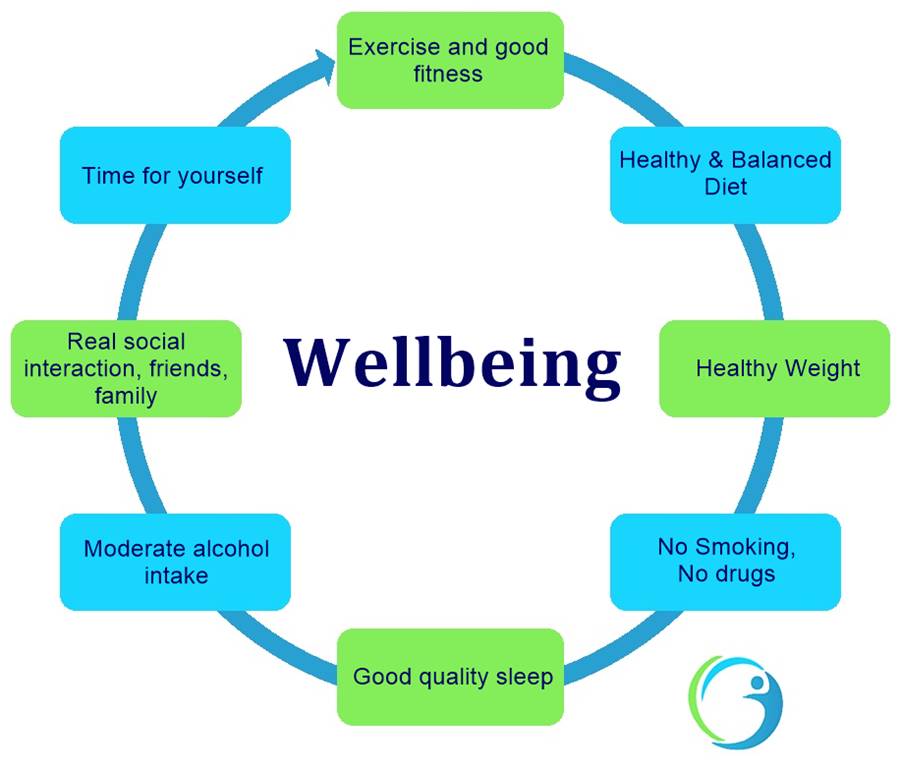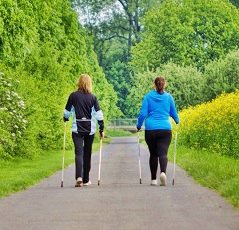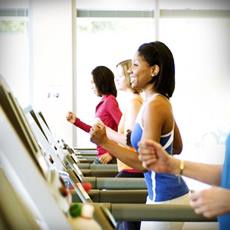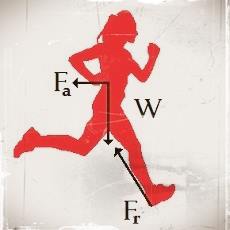Fitness: The benefits of being Fit
Physical Fitness
Fact Checked
×All the content published in our website is fact checked to validate its accuracy.
Visit our guidelines web page to learn more about our strict processes regarding how we review our content's sources: reliable and reputable journals, media websites, universities, colleges, organizations, and professionals.
Our articles are based on scientific evidence, and the references are included in its footnotes, which are clickable links to sound scientific papers.
First published: 15.Nov.2018
The importance of Physical Fitness
Health and Fitness
Wellness is the outcome of a healthy lifestyle that includes not only a balanced diet but also physical activity that helps you build Physical Fitness.
Being fit allows you to live a full, healthier, and independent life with a lower risk of chronic diseases and mortality.
Being physically fit is one of the best things that you can do right now to ensure a better quality of life today and for your older years.
This article uses scientific evidence to explains why it is good to be fit and answers questions such as: What are the components of fitness? What are the benefits of being fit? What is a fit person? and, what do you mean by being fit?
References and Further Reading
(1) Merriam-Webster.com Dictionary, Merriam-Webster, Fit. Accessed 22 Nov. 2020.
(2) Caspersen CJ, Powell KE, Christenson GM., (1985). Physical activity, exercise, and physical fitness: definitions and distinctions for health-related research, Public Health Rep. 1985 Mar-Apr;100(2):126-31
(3) Blair SN & Brodney S., (1999). Effects of physical inactivity and obesity on morbidity and mortality: current evidence and research issues, Med Sci Sports Exerc. 1999 Nov;31(11 Suppl): S646-62.
(4) Fogelholm M., (2010). Physical activity, fitness and fatness: relations to mortality, morbidity and disease risk factors. A systematic review, Obes Rev. 2010 Mar;11(3):202-21. doi: 10.1111/j.1467-789X.2009.00653.x. Epub 2009 Sep 9
(5) Pesola AJ, Pekkonen M, Finni T., (2016). Why is excessive sitting a health risk? Duodecim. 2016;132(21):1964-71
(6) Dwyer, M. J., Pasini, M., De Dominicis, S., & Righi, E. (2020). Physical activity: Benefits and challenges during the COVID-19 pandemic. Scandinavian journal of medicine & science in sports, 30(7), 1291–1294. https://doi.org/10.1111/sms.13710
(7) Herbert, C., Meixner, F., Wiebking, C., & Gilg, V., (2020). Regular Physical Activity, Short-Term Exercise, Mental Health, and Well-Being Among University Students: The Results of an Online and a Laboratory Study. Front Psychol. 2020 May 26;11:509. doi: 10.3389/fpsyg.2020.00509. PMID: 32528333
(8) Dominski, F. H., & Brandt, R., (2020). Do the benefits of exercise in indoor and outdoor environments during the COVID-19 pandemic outweigh the risks of infection?. Sport Sci Health. 2020;16(3):583-588. doi: 10.1007/s11332-020-00673-z. Epub 2020 Jul 17. Erratum in: Sport Sci Health. 2021;17(1):267. doi: 10.1007/s11332-020-00686-8. PMID: 32837566
(9) Peijie Chen, Lijuan Mao, George P. Nassis, Peter Harmer, Barbara E. Ainsworth, Fuzhong Li, (2020). Coronavirus disease (COVID-19): The need to maintain regular physical activity while taking precautions. Journal of Sport and Health Science, Vol 9:2, 2020, 103-104, ISSN 2095-2546, https://doi.org/10.1016/j.jshs.2020.02.001.
(10) O'Donovan G, Petermann-Rocha F, Ferrari G, et al, (2024). Associations of the 'weekend warrior' physical activity pattern with mild dementia: findings from the Mexico City Prospective Study. British Journal of Sports Medicine Published Online First: 29 October 2024. doi: 10.1136/bjsports-2024-108460
About this Article
The Benefits of Fitness, A. Whittall
©2018 Fit-and-Well.com, 15 Nov. 2018. Updated. 22 Nov. 2020. https://www.fit-and-well.com/fitness/fitness.html
Tags: fitness, exercise, walking, weight loss, belly fat.








